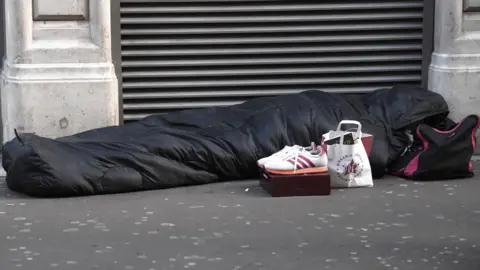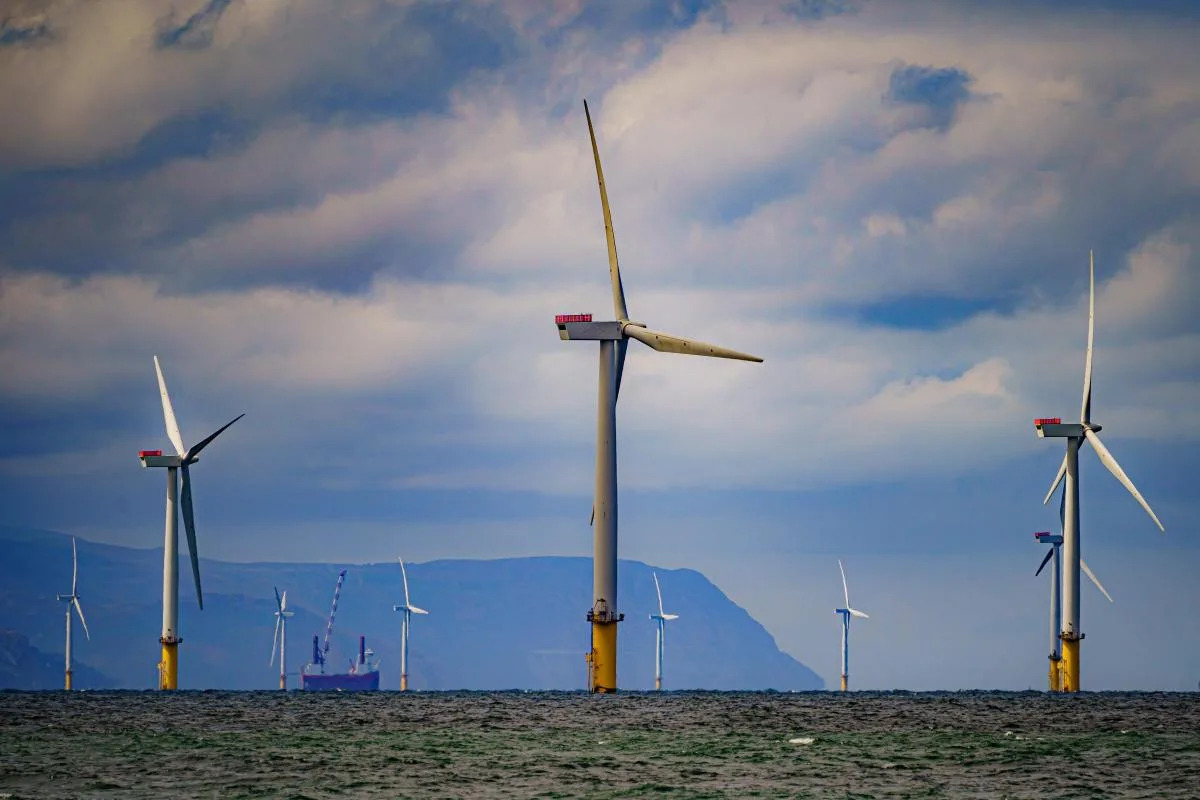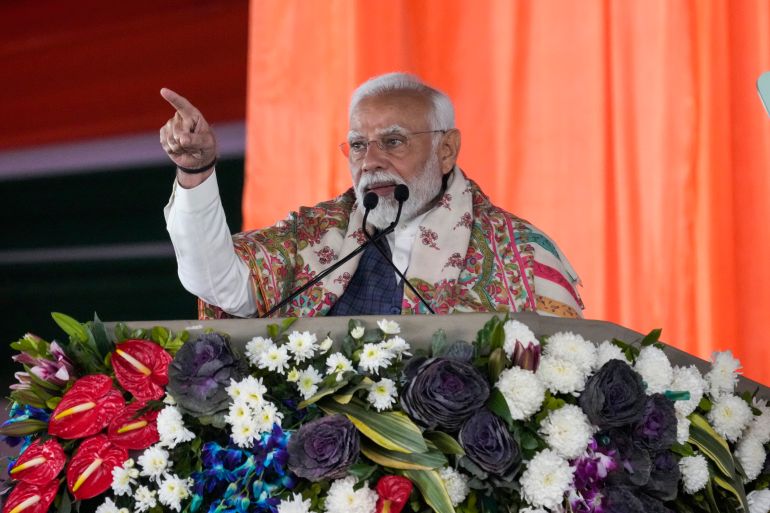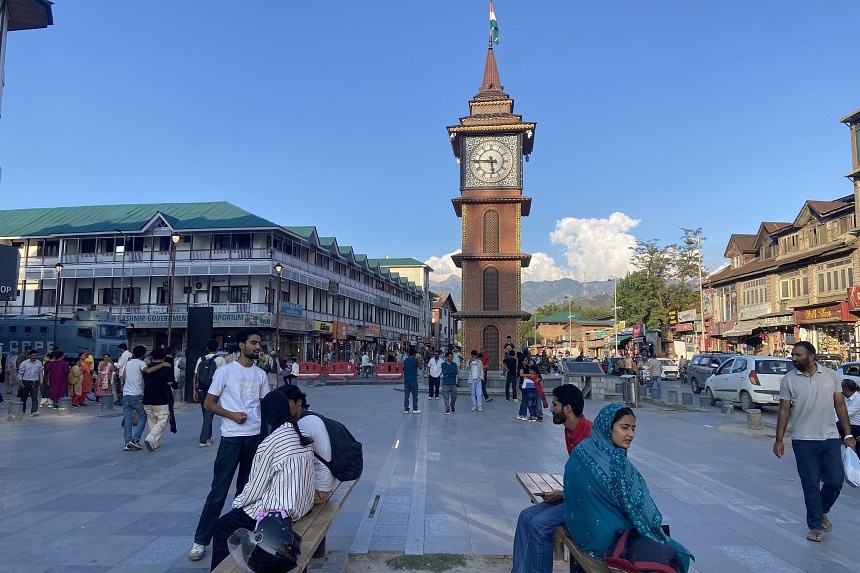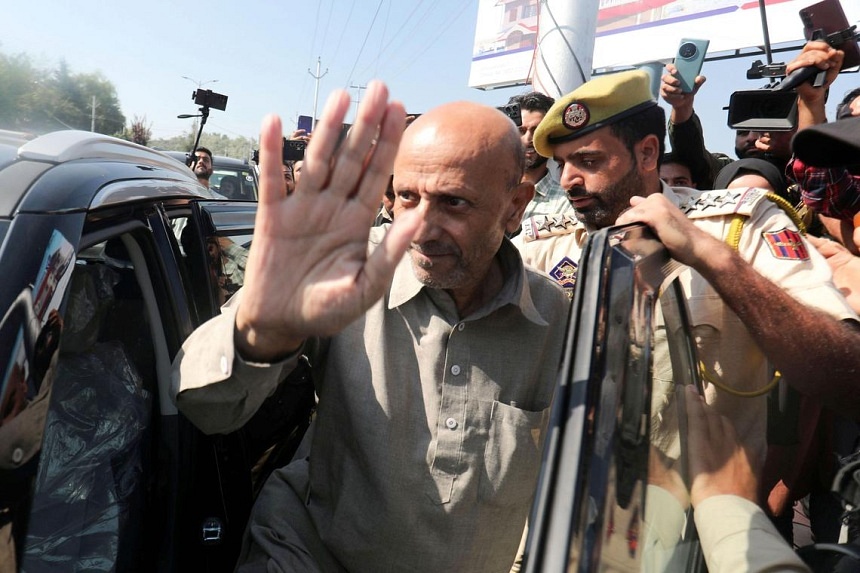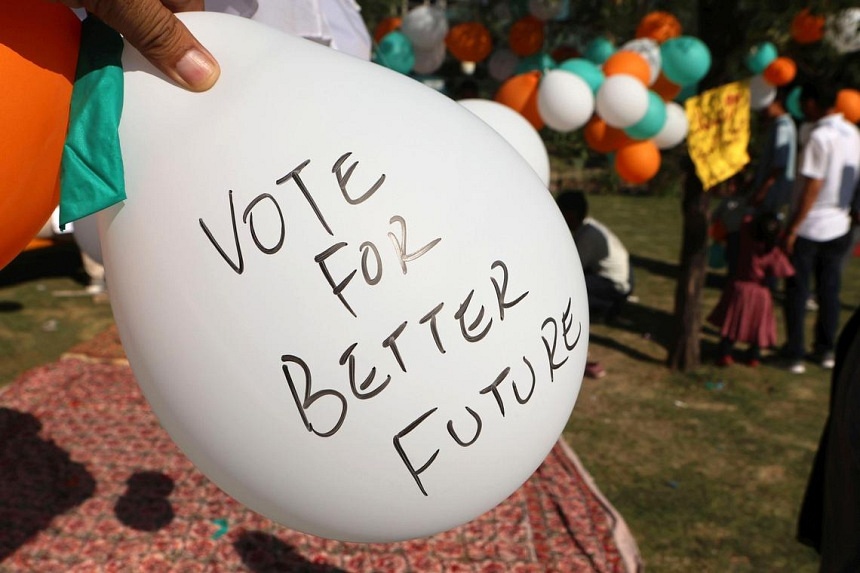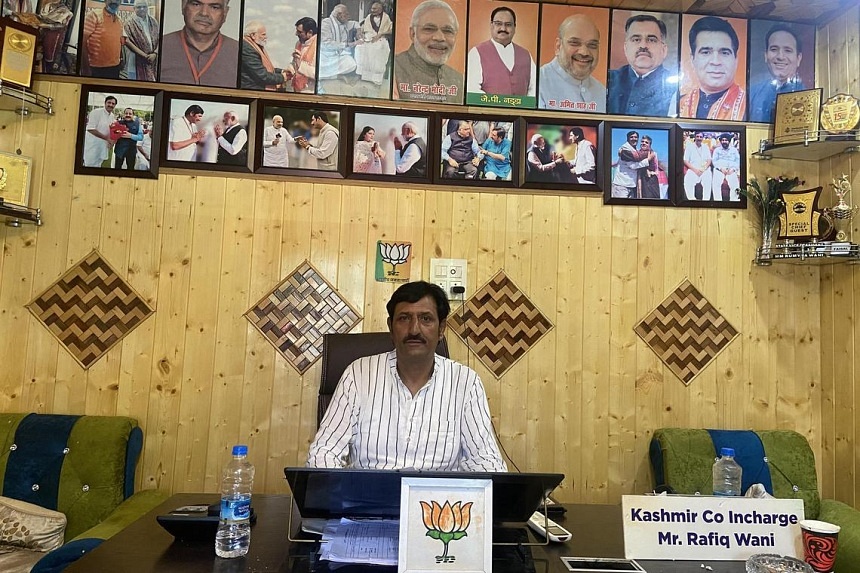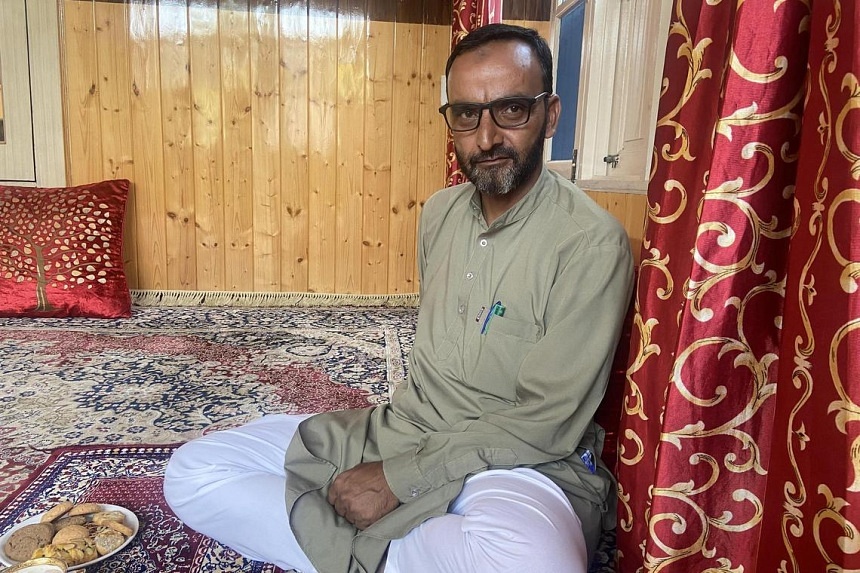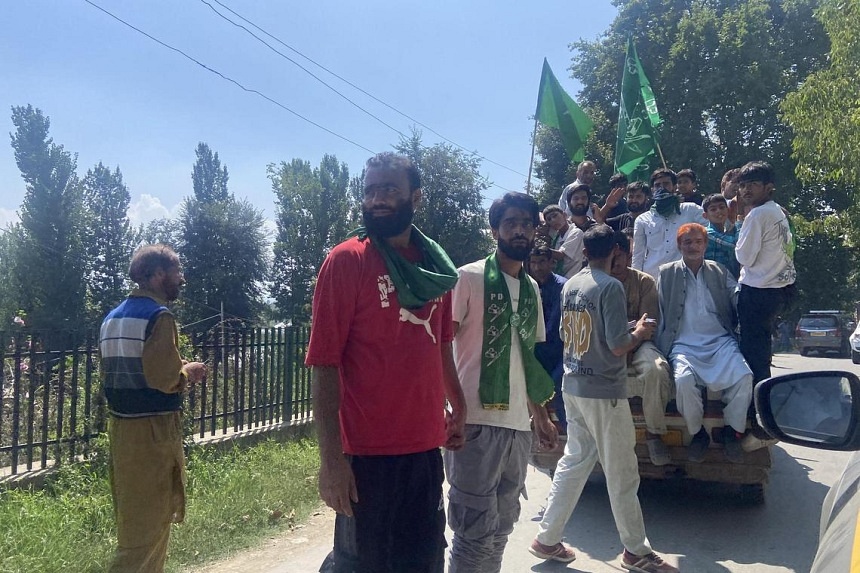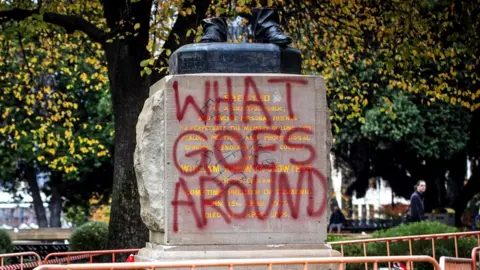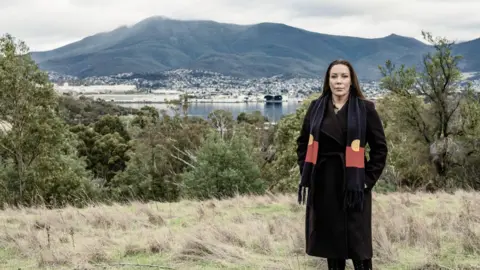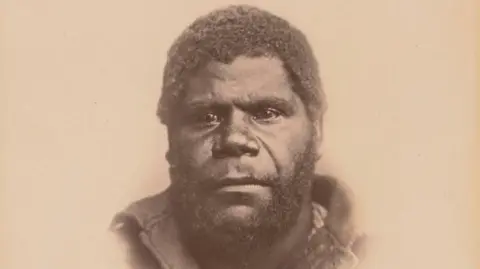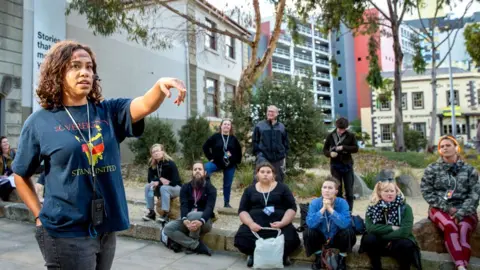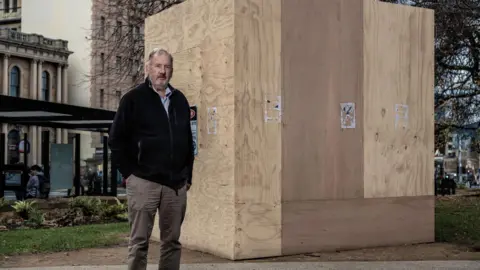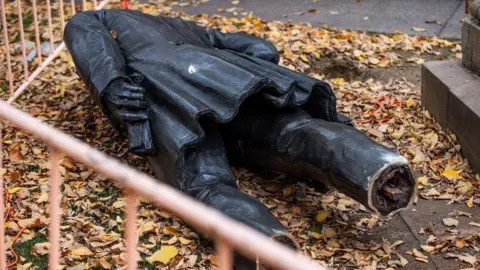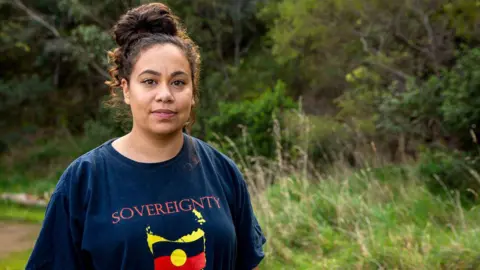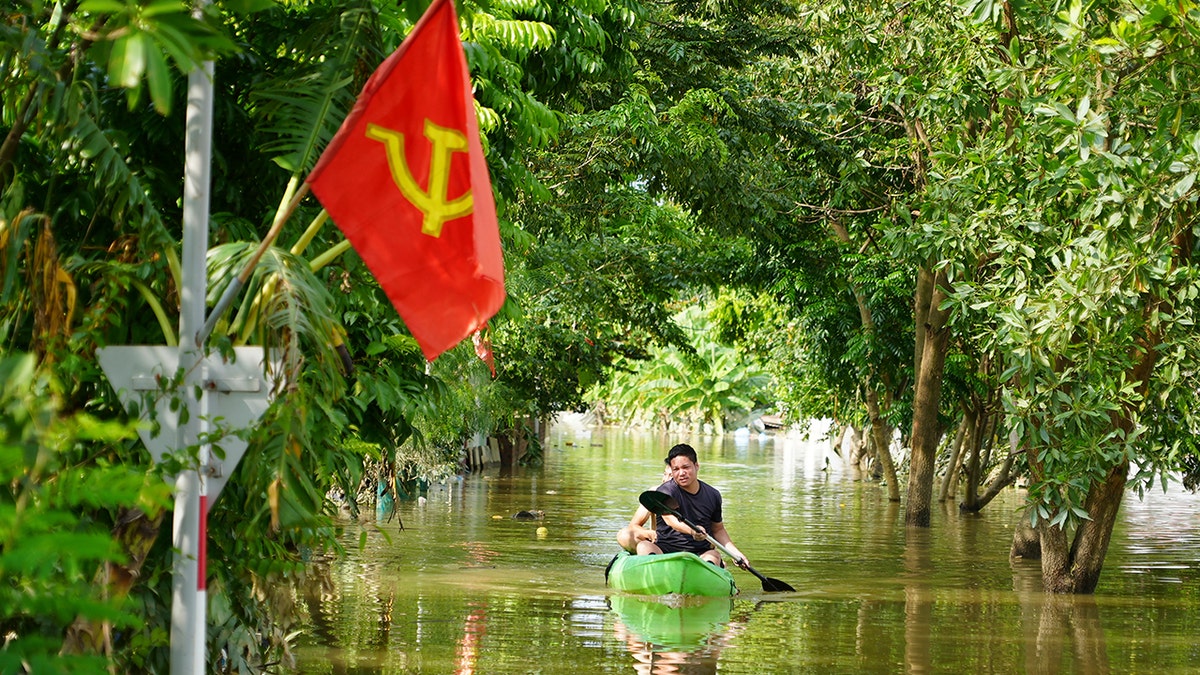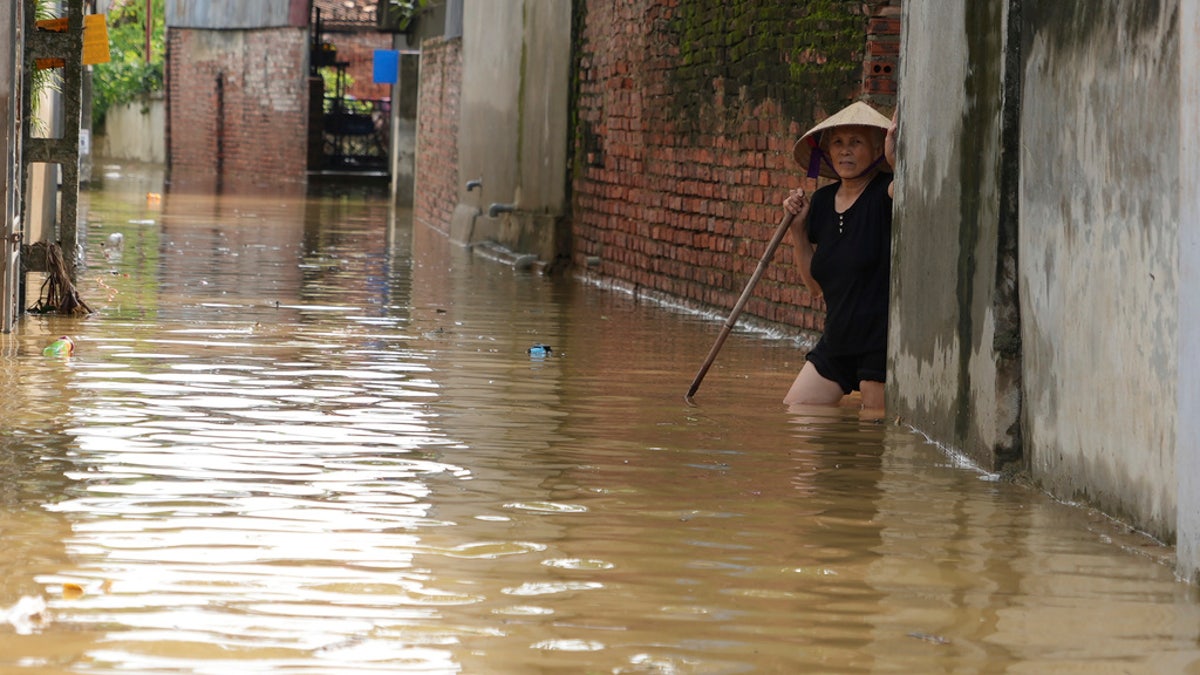
Indonesia is a key regional biodiversity hotspot and home to endangered species like Sumatran tigers.
PHOTO ILLUSTRATION: UNSPLASH
Linda Yulisman
Indonesia Correspondent
Sep 15, 2024
JAKARTA – For decades, Indonesia’s protected wildlife such as songbirds and orang utans have been traded illegally and even smuggled out of the country, to the detriment of the species.
A revised law will aid biodiversity conservation and boost hopes of curbing illegal wildlife trading within Indonesia and across its borders, conservationists and experts say. But enforcement is key, they note, emphasising the value of thorough investigation and consistent follow-through in rooting out illegal wildlife trafficking.
The iIlegal wildlife trade is rampant in Indonesia, a key regional biodiversity hot spot and home to endangered species like Sumatran tigers, Asian elephants and komodo dragons (the world’s largest-living lizards). This impinges on its biodiversity and upsets the ecological balance.
The global illegal trade in fauna and flora has been estimated to be worth US$7 billion (S$9 billion) to US$23 billion annually. The value of the illegal trade in Indonesia alone is assessed at up to US$1 billion per year, in addition to enormous economic, environmental, and social losses, according to the United Nations Development
Linda Yulisman
Indonesia Correspondent
Sep 15, 2024
JAKARTA – For decades, Indonesia’s protected wildlife such as songbirds and orang utans have been traded illegally and even smuggled out of the country, to the detriment of the species.
A revised law will aid biodiversity conservation and boost hopes of curbing illegal wildlife trading within Indonesia and across its borders, conservationists and experts say. But enforcement is key, they note, emphasising the value of thorough investigation and consistent follow-through in rooting out illegal wildlife trafficking.
The iIlegal wildlife trade is rampant in Indonesia, a key regional biodiversity hot spot and home to endangered species like Sumatran tigers, Asian elephants and komodo dragons (the world’s largest-living lizards). This impinges on its biodiversity and upsets the ecological balance.
The global illegal trade in fauna and flora has been estimated to be worth US$7 billion (S$9 billion) to US$23 billion annually. The value of the illegal trade in Indonesia alone is assessed at up to US$1 billion per year, in addition to enormous economic, environmental, and social losses, according to the United Nations Development
Programme in Indonesia.
The revised “Law on Conservation of Biological Natural Resources and their Ecosystems”, which took effect in August, will ensure more legal protection for wildlife through harsher penalties and widening the scope for such traffickers to be charged.
Now, individuals can be fined as much as 5 billion rupiah (S$421,300) from a maximum of 100 million rupiah previously, and jailed up to 15 years or triple the duration set in the previous law.
In addition, corporations or corporate traffickers can now be charged under the revised law and if found guilty, be fined as much as 50 billion rupiah and imprisoned for up to 20 years.
The Ministry of Environment and Forestry’s director-general of law enforcement Rasio Ridho Sani believes the move will help reduce illegal wildlife trafficking and strengthen enforcement of the law.
The authorities will also be able to tackle illegal wildlife-related activities and money laundering concurrently, he told The Straits Times. “This approach will be more effective as the charged punishment can be harsher and it enables (law enforcers) to break up criminal networks, including transnational ones, by following the suspects through the flows of the money,” Mr Rasio said.
Among the first cases to be charged under the revised law was the illegal attempted sales of eight rhino horns, five elephant-ivory tobacco pipes and three pipes made from dugong tusks seized on Aug 23 in Palembang, South Sumatra province.
The haul of rhino horns alone was estimated to be worth 245 billion rupiah, reported the daily Kompas. This was the largest bust for the rhino horn trade in 10 years, Mr Rasio was quoted as saying.
And neighbouring Singapore remains a key global transhipment hub for trafficked wildlife, including those from Indonesia.
In 2019, Indonesian police arrested traffickers who tried to smuggle 41 baby komodo dragons into Singapore.
In April this year, a pet shop owner in Singapore linked to a massive cross-border bird smuggling operation was sentenced to jail for 68 weeks.
The global bird trade is a multibillion-dollar business, and wildlife trade monitoring network Traffic’s data shows that at least 459,885 birds have been confiscated from illegal trade in South-east Asia in the past decade.
Singapore also recently upped the ante on the illegal wildlife trade. Wildlife trading and keeping protected species like flying foxes are considered serious offences in Singapore under the Organised Crime Act from Aug 30, and offenders risk jail sentences of up to 20 years.
Endangered orang utans, pangolins and cute gibbons are fair game for poachers, and the mothers are usually killed in the process of capturing their young. Reptiles and birds are popular with buyers and are more easily supplied and transported, say experts.
Between 2015 and 2023, over 82,000 wildlife of various species in Indonesia were sold online to over 7,300 buyers through Facebook, according to Garda Animalia, a local civic organisation committed to protecting wildlife.
While there is no national data on wildlife trafficking, the West Papua natural resources conservation agency has said that endemic species from the province are smuggled abroad most to the Philippines, Singapore, Vietnam and Malaysia.
In a statement responding to ST’s query, Mr Nirwala Dwi Heriyanto, a spokesman at the customs and excise office, which monitors and deters wildlife cross-border smuggling attempts, hopes heavier punishments and fines will have a “deterrent effect” on the traffickers.
“Stronger punishments and bigger fines imposed on wildlife trafficking shows our commitment to eradicate crimes that often involve international networks,” he stated.
The revised law is a step forward in bringing those involved in the network of wildlife traffickers to justice, including the financial backers who play a crucial role in transnational illegal trading in wildlife and animal body parts, conservationists and experts say.
Environmental law expert Adrianus Eryan told ST: “We now expect that law enforcers will begin to target wildlife traffickers that often work in syndicates and across borders... Up to (the) present, only individuals have been arrested while collectors, big traffickers and backers of the syndicates have remained untouched.”
Conservationist and criminologist Dwi Nugroho Adhiasto also noted that under the revised law, protected wildlife outside Indonesia would automatically gain similar status upon entry into the country, which was not the case previously.
“For instance, someone can now be charged... for keeping a Bengal tiger, while previously he would not be,” he told ST.
Besides harsher penalties to deter wildlife trafficking, conservationists and experts say there is a need to consider the enormity of the impact of illegal wildlife trade on the species and the environment.
In order to nurture and reclaim the lost biodiversity, Mr Adrianus welcomes the additional sanctions on traffickers, for instance, to bear the costs of restoring wildlife habitats and conservation areas.
“If the approach is only to punish traffickers with jail sentences, the rehabilitation of the damaged conservation sites will become a burden for the government,” he said.
“Even the most severe punishment will be useless if law enforcement officers are not serious enough to investigate and prosecute criminals,” he added.
The revised “Law on Conservation of Biological Natural Resources and their Ecosystems”, which took effect in August, will ensure more legal protection for wildlife through harsher penalties and widening the scope for such traffickers to be charged.
Now, individuals can be fined as much as 5 billion rupiah (S$421,300) from a maximum of 100 million rupiah previously, and jailed up to 15 years or triple the duration set in the previous law.
In addition, corporations or corporate traffickers can now be charged under the revised law and if found guilty, be fined as much as 50 billion rupiah and imprisoned for up to 20 years.
The Ministry of Environment and Forestry’s director-general of law enforcement Rasio Ridho Sani believes the move will help reduce illegal wildlife trafficking and strengthen enforcement of the law.
The authorities will also be able to tackle illegal wildlife-related activities and money laundering concurrently, he told The Straits Times. “This approach will be more effective as the charged punishment can be harsher and it enables (law enforcers) to break up criminal networks, including transnational ones, by following the suspects through the flows of the money,” Mr Rasio said.
Among the first cases to be charged under the revised law was the illegal attempted sales of eight rhino horns, five elephant-ivory tobacco pipes and three pipes made from dugong tusks seized on Aug 23 in Palembang, South Sumatra province.
The haul of rhino horns alone was estimated to be worth 245 billion rupiah, reported the daily Kompas. This was the largest bust for the rhino horn trade in 10 years, Mr Rasio was quoted as saying.
And neighbouring Singapore remains a key global transhipment hub for trafficked wildlife, including those from Indonesia.
In 2019, Indonesian police arrested traffickers who tried to smuggle 41 baby komodo dragons into Singapore.
In April this year, a pet shop owner in Singapore linked to a massive cross-border bird smuggling operation was sentenced to jail for 68 weeks.
The global bird trade is a multibillion-dollar business, and wildlife trade monitoring network Traffic’s data shows that at least 459,885 birds have been confiscated from illegal trade in South-east Asia in the past decade.
Singapore also recently upped the ante on the illegal wildlife trade. Wildlife trading and keeping protected species like flying foxes are considered serious offences in Singapore under the Organised Crime Act from Aug 30, and offenders risk jail sentences of up to 20 years.
Endangered orang utans, pangolins and cute gibbons are fair game for poachers, and the mothers are usually killed in the process of capturing their young. Reptiles and birds are popular with buyers and are more easily supplied and transported, say experts.
Between 2015 and 2023, over 82,000 wildlife of various species in Indonesia were sold online to over 7,300 buyers through Facebook, according to Garda Animalia, a local civic organisation committed to protecting wildlife.
While there is no national data on wildlife trafficking, the West Papua natural resources conservation agency has said that endemic species from the province are smuggled abroad most to the Philippines, Singapore, Vietnam and Malaysia.
In a statement responding to ST’s query, Mr Nirwala Dwi Heriyanto, a spokesman at the customs and excise office, which monitors and deters wildlife cross-border smuggling attempts, hopes heavier punishments and fines will have a “deterrent effect” on the traffickers.
“Stronger punishments and bigger fines imposed on wildlife trafficking shows our commitment to eradicate crimes that often involve international networks,” he stated.
The revised law is a step forward in bringing those involved in the network of wildlife traffickers to justice, including the financial backers who play a crucial role in transnational illegal trading in wildlife and animal body parts, conservationists and experts say.
Environmental law expert Adrianus Eryan told ST: “We now expect that law enforcers will begin to target wildlife traffickers that often work in syndicates and across borders... Up to (the) present, only individuals have been arrested while collectors, big traffickers and backers of the syndicates have remained untouched.”
Conservationist and criminologist Dwi Nugroho Adhiasto also noted that under the revised law, protected wildlife outside Indonesia would automatically gain similar status upon entry into the country, which was not the case previously.
“For instance, someone can now be charged... for keeping a Bengal tiger, while previously he would not be,” he told ST.
Besides harsher penalties to deter wildlife trafficking, conservationists and experts say there is a need to consider the enormity of the impact of illegal wildlife trade on the species and the environment.
In order to nurture and reclaim the lost biodiversity, Mr Adrianus welcomes the additional sanctions on traffickers, for instance, to bear the costs of restoring wildlife habitats and conservation areas.
“If the approach is only to punish traffickers with jail sentences, the rehabilitation of the damaged conservation sites will become a burden for the government,” he said.
“Even the most severe punishment will be useless if law enforcement officers are not serious enough to investigate and prosecute criminals,” he added.


 Image:Sir Ed Davey arrived at the Lib Dem conference in Brighton on a jet ski. Pic: PA
Image:Sir Ed Davey arrived at the Lib Dem conference in Brighton on a jet ski. Pic: PA

